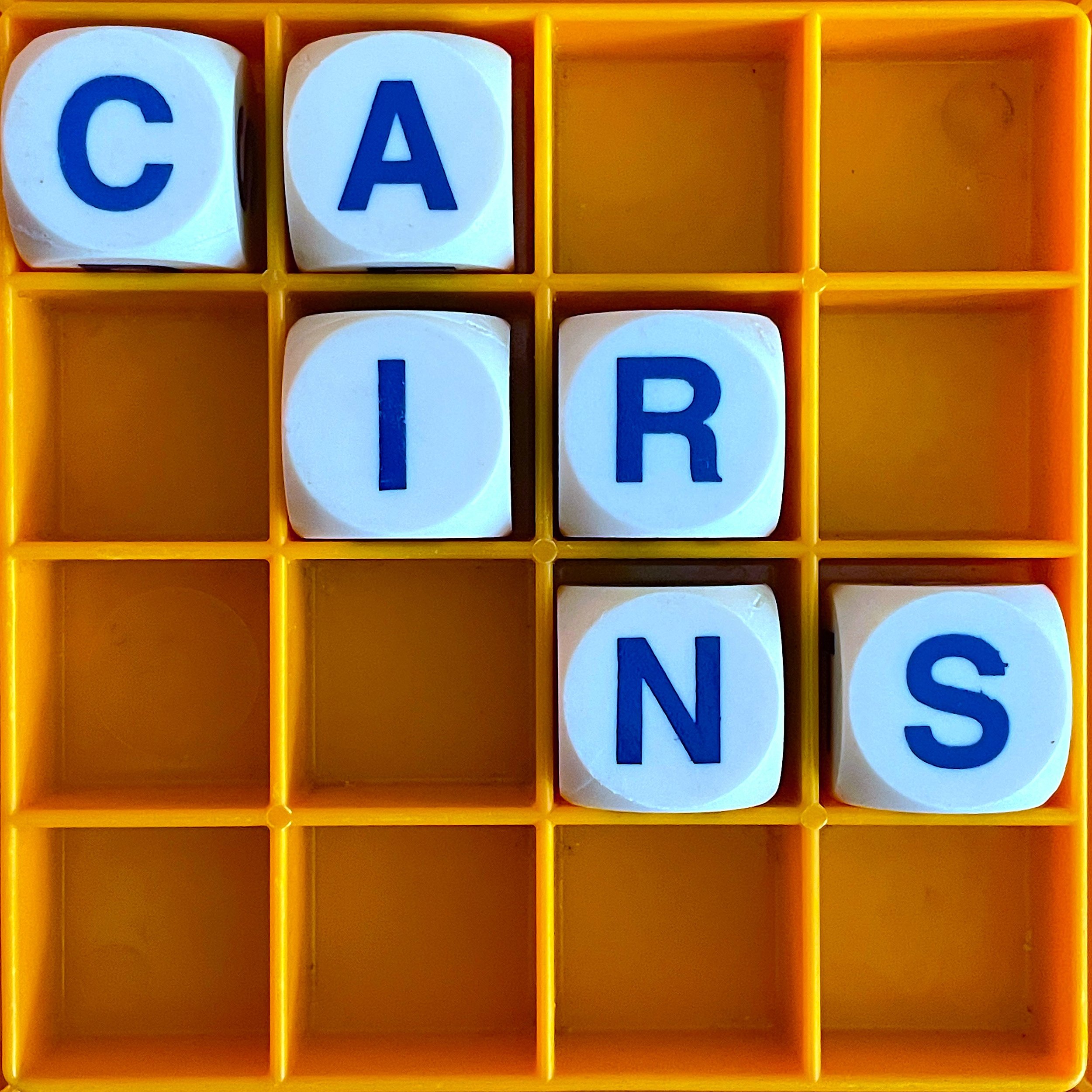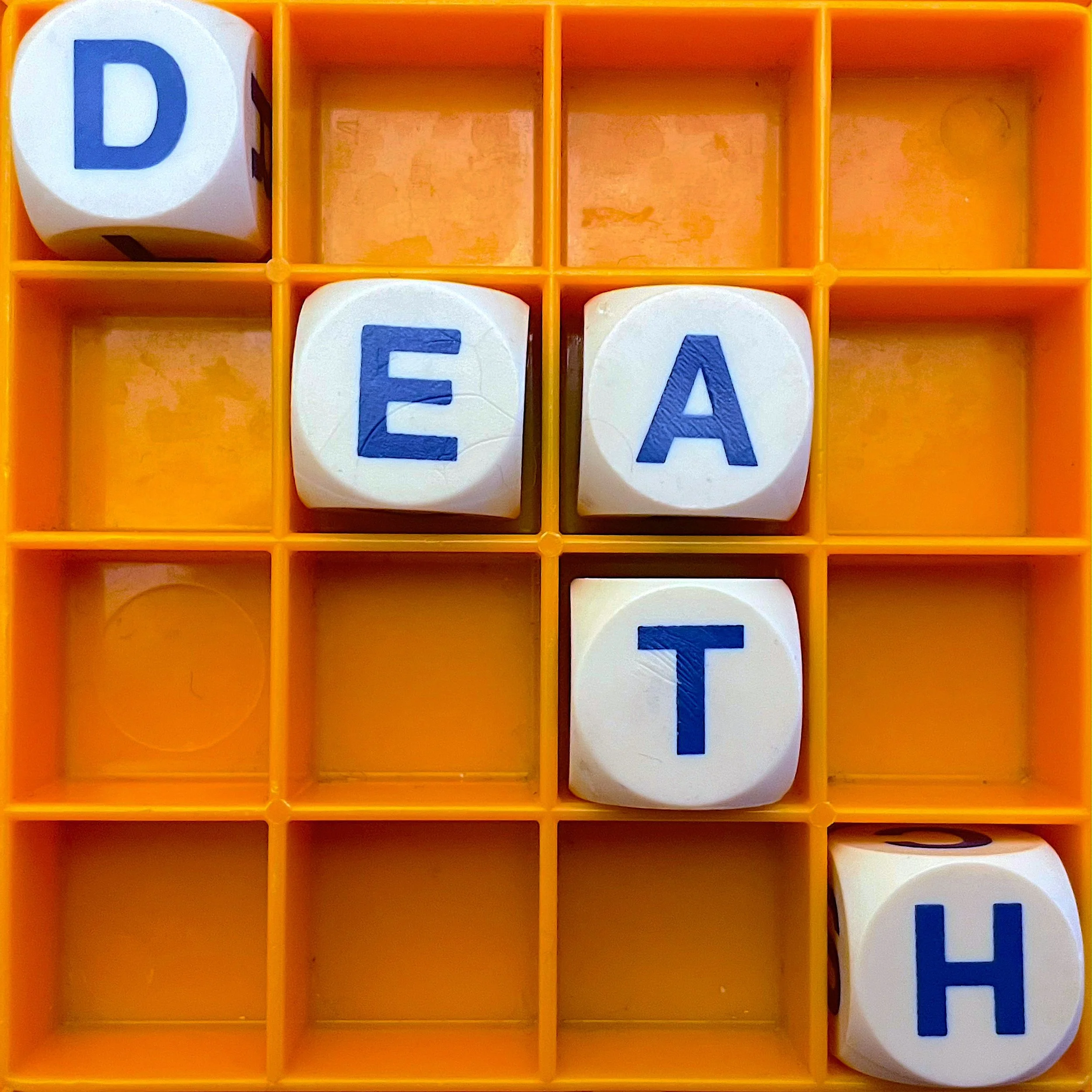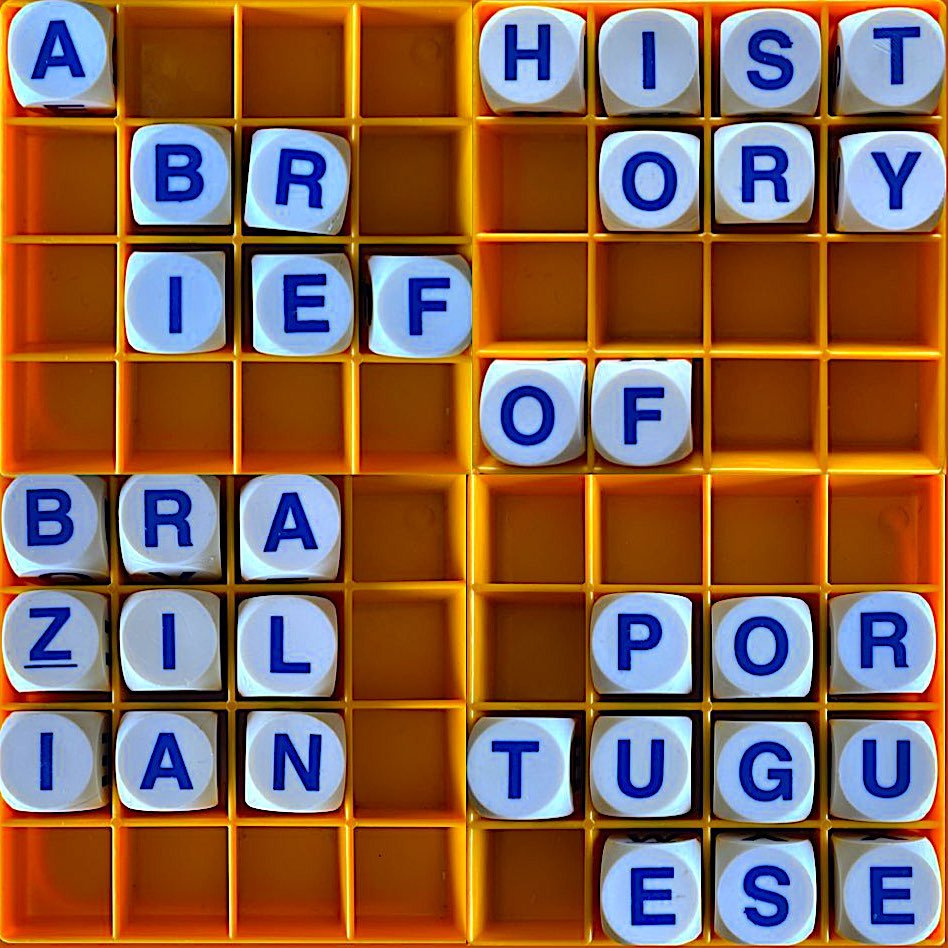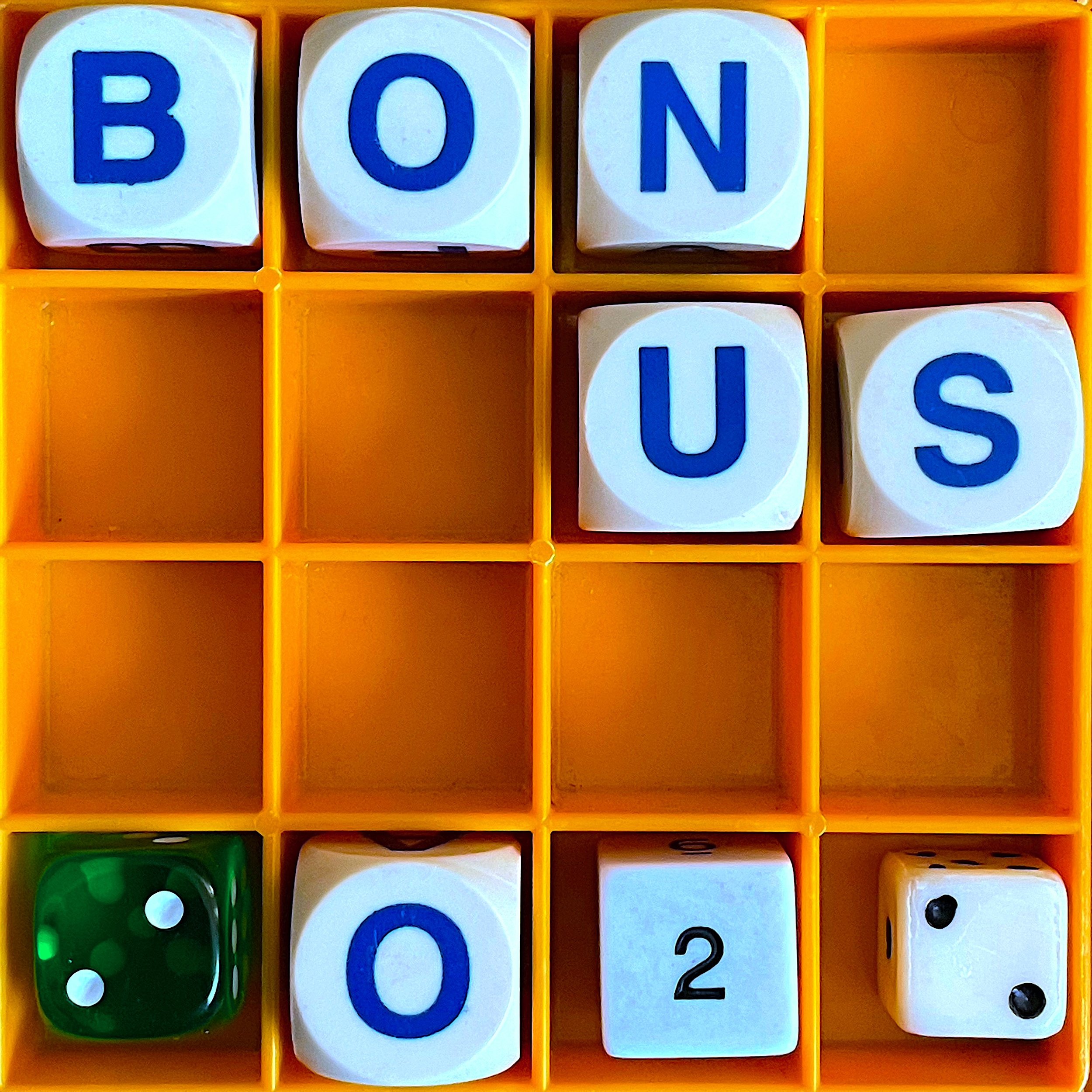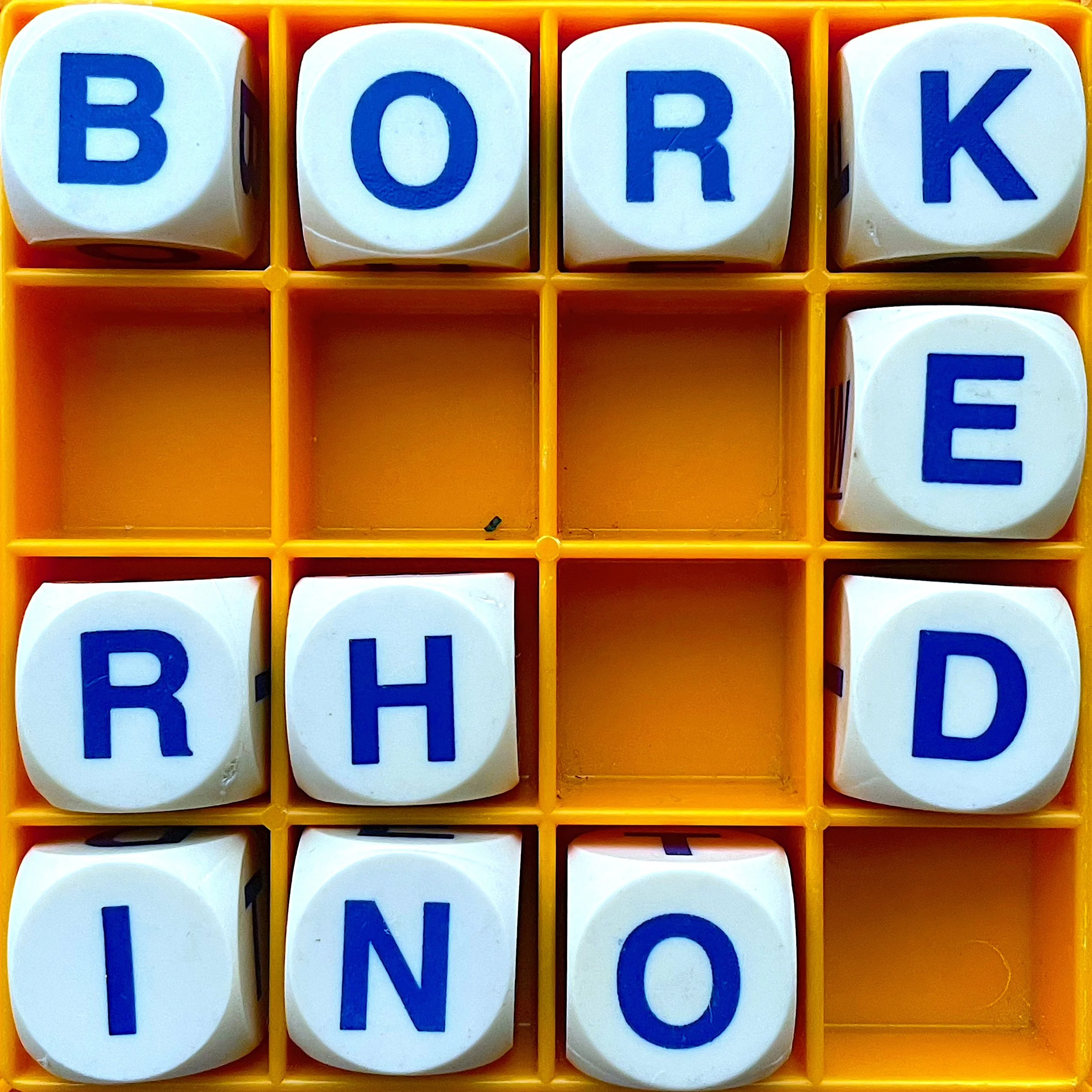LINDSAY ROSE RUSSELL: I don't think James Murray felt like he was alone in making the Oxford English Dictionary. I think he was keenly aware of himself as a part of a very large and many tentacled team. In a lecture he gave in 1900, he talked about every lexicographer as adding their stone to the cairn. You know, cairns like the little things when you go hiking that are piles of stones that tell you you're still on the right path. So I think Murray understood his own work as contributing to a larger lexicographical project where he was not a lone dictionary maker in the effort of dictionary making more grandly. But, I don't know; in history, I think it's easier to tell the story of a singular man. Because of course it's easier to tell the story of a singular man, as opposed to the story of thousands of people working on a single dictionary and doing all different kinds of things.
Read moreAllusionist 180 Project ENABLE transcript
STERLING MARTIN: Growing up, I've always had an interest in science and that's something my family helped nurture. Also just growing up, there weren't many Navajo words in science. Then I went to undergrad at the University of Iowa and my parents were like, "Oh, what are you doing?" And I worked in a research lab, so I could get some bench experience, and just trying to explain to them what I was doing scientifically, I could tell they weren't really catching on to what it meant.
Read moreAllusionist 173 Death transcript
EVIE KING: I mean, if I was to google synonyms of ‘dead’ - let's try that. Synonyms, ‘dead’. See what comes up. ‘Deceased.’
HZ: ‘Deceased’ is just Latin for death.
EVIE KING: ‘Late’, ‘lost’, ‘lamented’...
HZ: ‘Lamented’!
EVIE KING: ‘Expired’ - expired! Like a cheese. ‘Departed’. ‘Gone’. ‘No more. ‘Fallen. ‘Slain’. Now you're starting to infer causes of death. ‘Slaughtered’, ‘killed’ - see, it escalates quickly. There’s not much, there's not much is there?
HZ: Which is odd considering how much death there is everywhere for everyone.
EVIE KING: Yeah, you get more, more synonyms for very boring words, don't you, very workaday words. I think basically maybe it comes down to the fact that dead is dead and we all know what that means, universally dead is dead, and there's no getting away from it, there's no escaping it and there's no getting around it. So we just have to face that word and use it. And if we don't feel like saying dead, we'll just go “passed away”.
HZ: Maybe that's the thing: maybe we don't need new vocabulary yet until we've learnt to get comfortable with ‘dead’.
EVIE KING: And then we can start really jazzing it up. Creating fun terms! Like, you know, when you get things like ‘bottomless brunch’ - that kind of thing for ‘dead’. I think we all know we've arrived when we've got a jazzy snazzy word for ‘dead’.
HZ: Something to look forward to.
Read moreAllusionist 172 A Brief History of Brazilian Portuguese transcript
CAETANO GALINDO: Brazilians are very confused and confusing and confounding about this relationship with the Portuguese language, because it defines us. We are the place that speaks Portuguese in the middle of a whole bunch of Spanish-speaking countries, and pretty much all of us speak it. And pretty much all of us speak only this one language. It's really something that defines us, and really something that we cannot try to deny or erase or… I don't know. But at the same time, you have this certainty that this was an imposed reality, that this is not what we could have.
Read moreAllusionist 169 The Box transcript
SUBHADRA DAS: A guy from the UCL estates team, screwdriver, took the plaque off the wall.
HZ: That's it?
SUBHADRA DAS: That's how you dename a building. It's not difficult.
Allusionist 168 Debuts transcript
HZ: The work that RFSU does has included, over the past three decades, coming up with new terms, to fill gaps in the vocabulary or provide more options for talking about sex and bodies.
KALLE ROCKLINGER: Sometimes it's to highlight or make something visible that's not been really talked about. Sometimes it's to change norms in society in some ways, and sometimes it's been sort of a really strategic choice for us in our political work to refuse a certain term or way of describing things, to tell another story, so to speak.
Read moreAllusionist 167 Bonus 2022 transcript
TIM CLARE: Hippocampus, meaning ‘horse’ because it looks like a a sea horse, right? …Oh, don't look at them! They look absolutely terrifying!
HZ: I I've never seen a hippocampus, so I don't know.
TIM CLARE: There is a real David Cronenberg-like element to them.
Allusionist 166 Fiona part 2 transcript
HARRY JOSIE GILES: I don't think that anyone should come away from this conversation not wanting to use the name Fiona. I think this is a beautiful and rich history. It might not be quite the history that you imagined, but I think it's a beautiful history.
Read moreAllusionist 165 Fiona part 1 transcript
HARRY JOSIE GILES: Fiona is a name I think now that still has a slightly romantic, slightly historical Scottish feel. I think everyone thinks it's an old Scottish name, but it's not an old Scottish name!
Read moreAllusionist 163 Rhino Borked Guy transcript
"Better to elect a rhino than an ass.”
Read moreAllusionist 162 Self-Help transcript
JOLENTA GREENBERG: One of the main things a lot of these books like to do is remind you how bad you are at the beginning. Just like a pickup artist, there will be a chapter or two sort of negging you, or being like, “You know you're lazy about this.” A lot of books make you admit - some even make you write down all the areas like you're failing in or not putting 100% into, and so you literally will have a list sometimes of reasons why you suck. And then they're like, “And now I have the answers!” And it's like, “But you made me make up these problems in the first place.” So they like to dig you in a hole and then be like, “I can dig you out, too.”
Read moreAllusionist 161 Sentiment transcript
SANDHYA DIRKS: When we talk about empathy: the idea that you can get outside of yourself, that we can imagine someone else's experience is so audacious, because human beings are not that freaking imaginative. I mean, like a unicorn is just a horse with a horn! We did not go that far to get to our most magical creature. We just like grafted two things on top of each other.
Read moreAllusionist 160 Coward transcript
TIM CLARE: Calling someone a coward historically has often been a social lever used by the state to shame them for not doing something the state wants them to do - often walk into machine gunfire. Which, to me, doesn't seem like an act of cowardice to not want to do that.
Read moreAllusonist 158 Creature Quiz transcript
Allusionist 157 Queerbaiting transcript
LEIGH PFEFFER: I think people are a little too quick to ascribe the term ‘queerbaiting’ to anytime they see something that doesn't necessarily sit right with them on instinct. There's a tendency at this point to kind of use it as a synonym for bad representation. I think that there's a disconnect and a mismatch between what younger viewers nowadays are kind of expecting in queer representation versus what pop culture is providing. People are getting used to more representation. They want to see better representation. So let's talk about that. Let's talk about how do we get better representation? What do we call it when we have specific tropes that might lead to harmful stereotypes, instead of lumping everything under this term ‘queerbaiting’ - because if we muddy a term like that, it loses its meaning. We need to be intentional with the language we're using when we're discussing queer representation in media, because we're at a fragile point. We have to have the right language to criticise it.
Read more